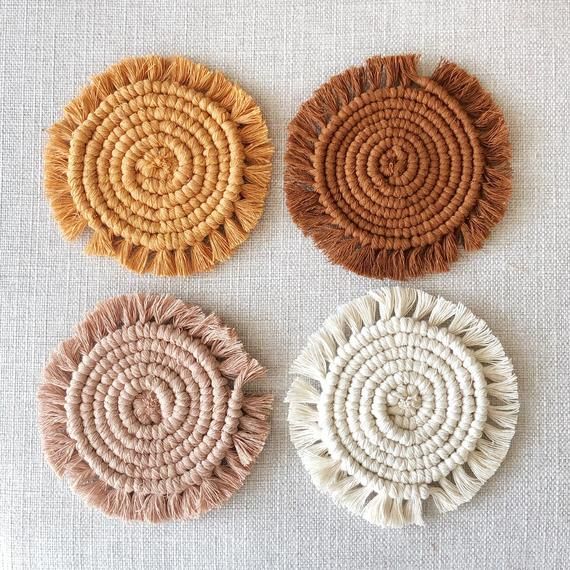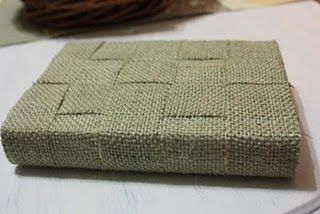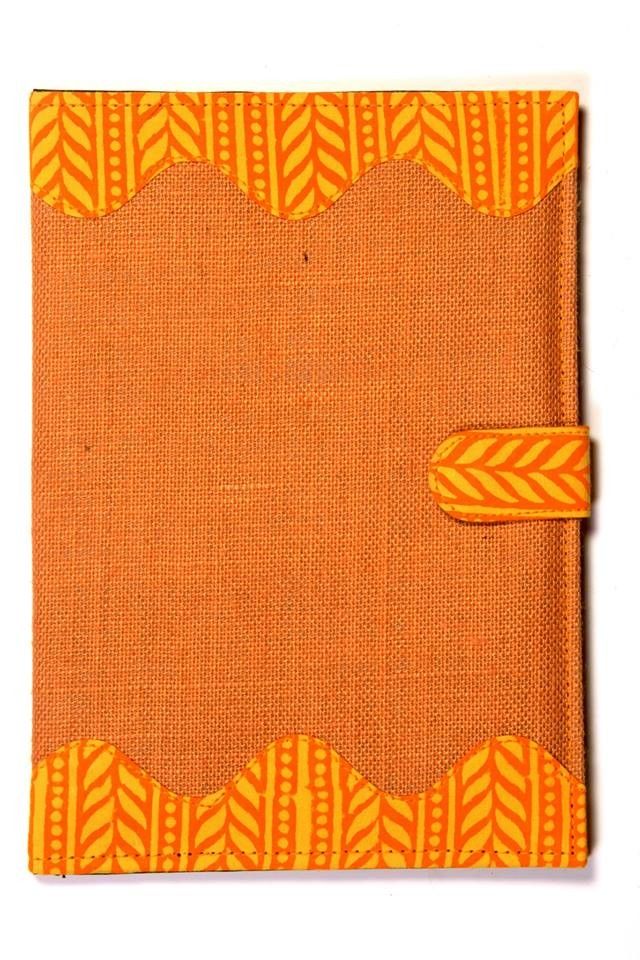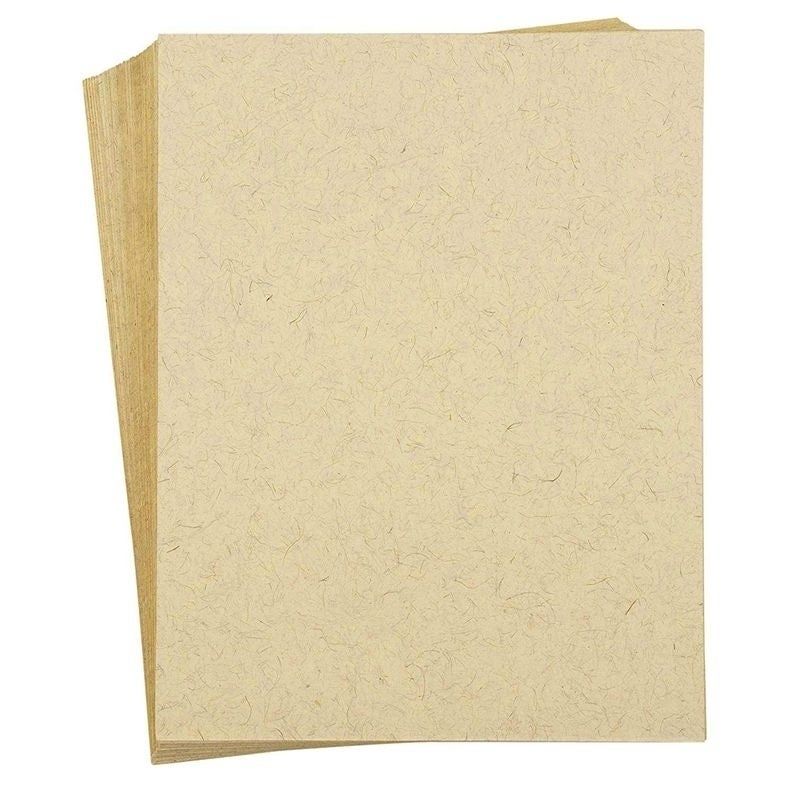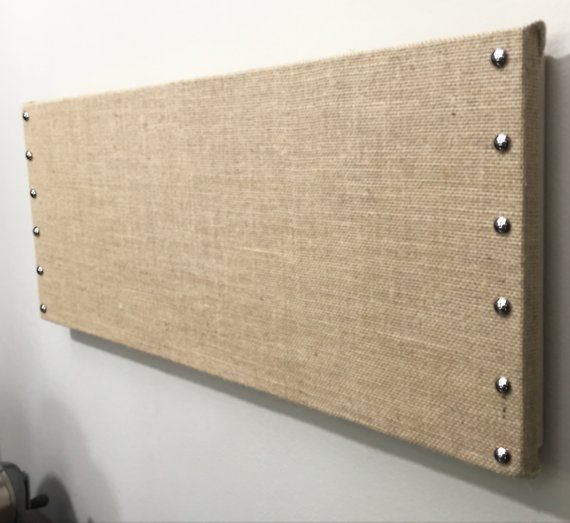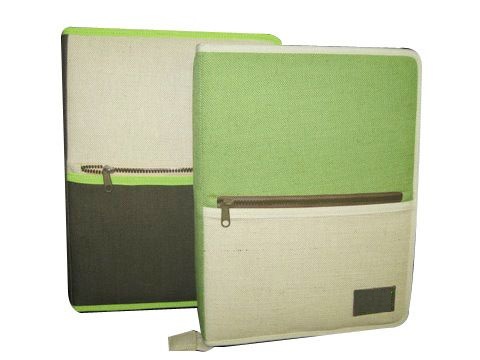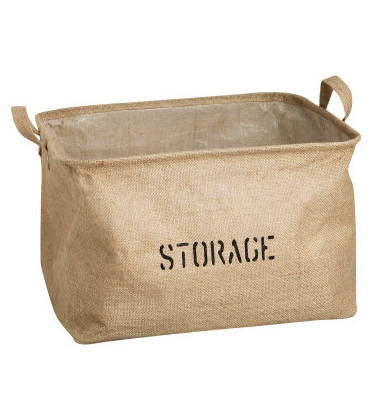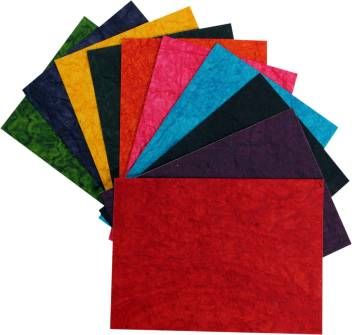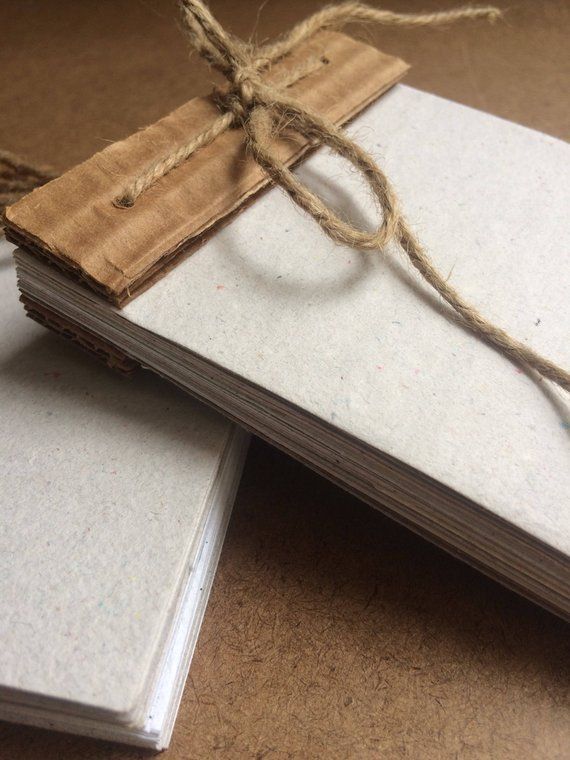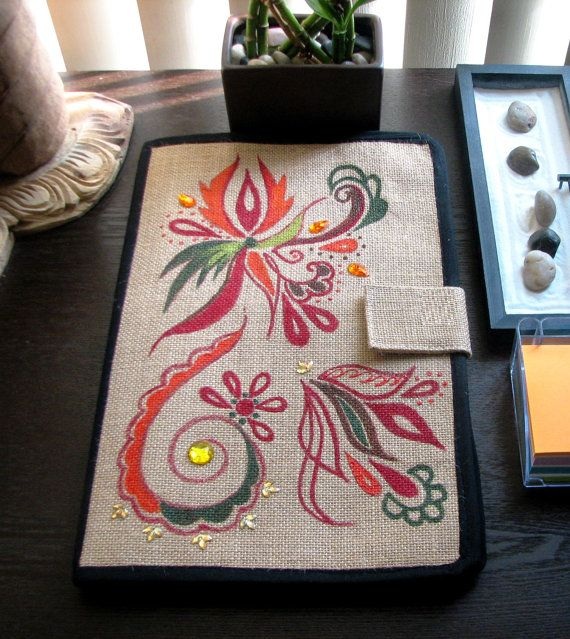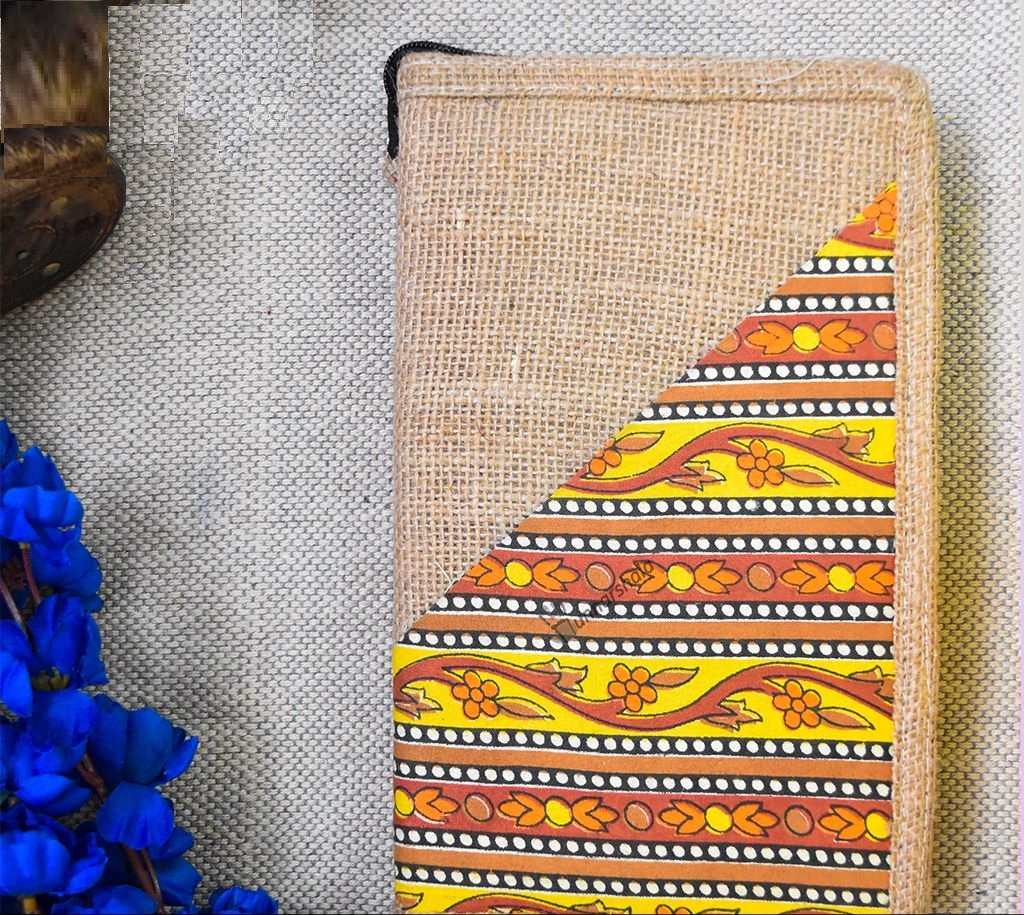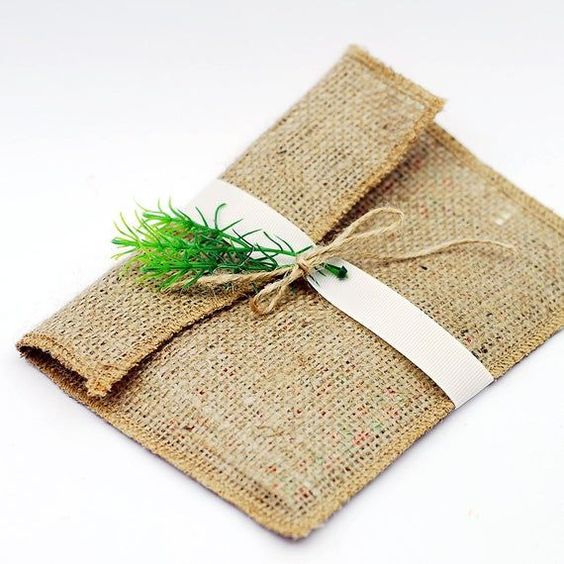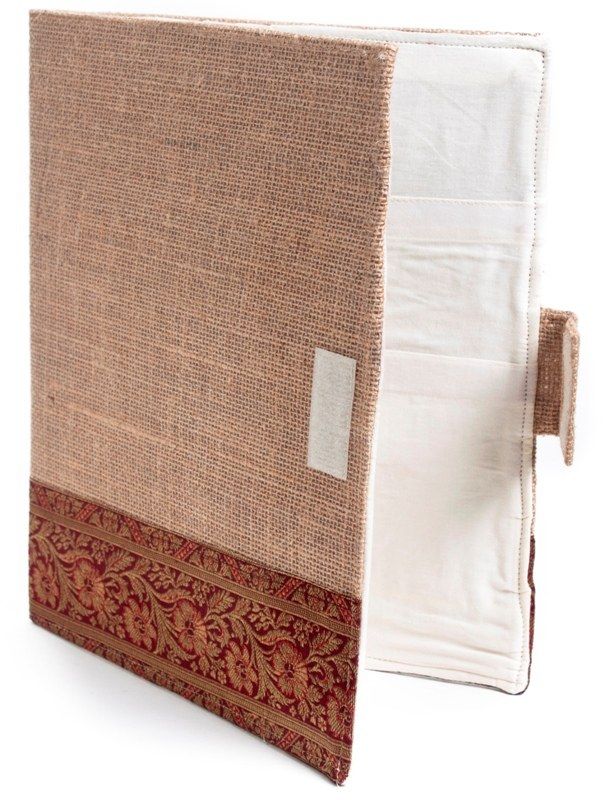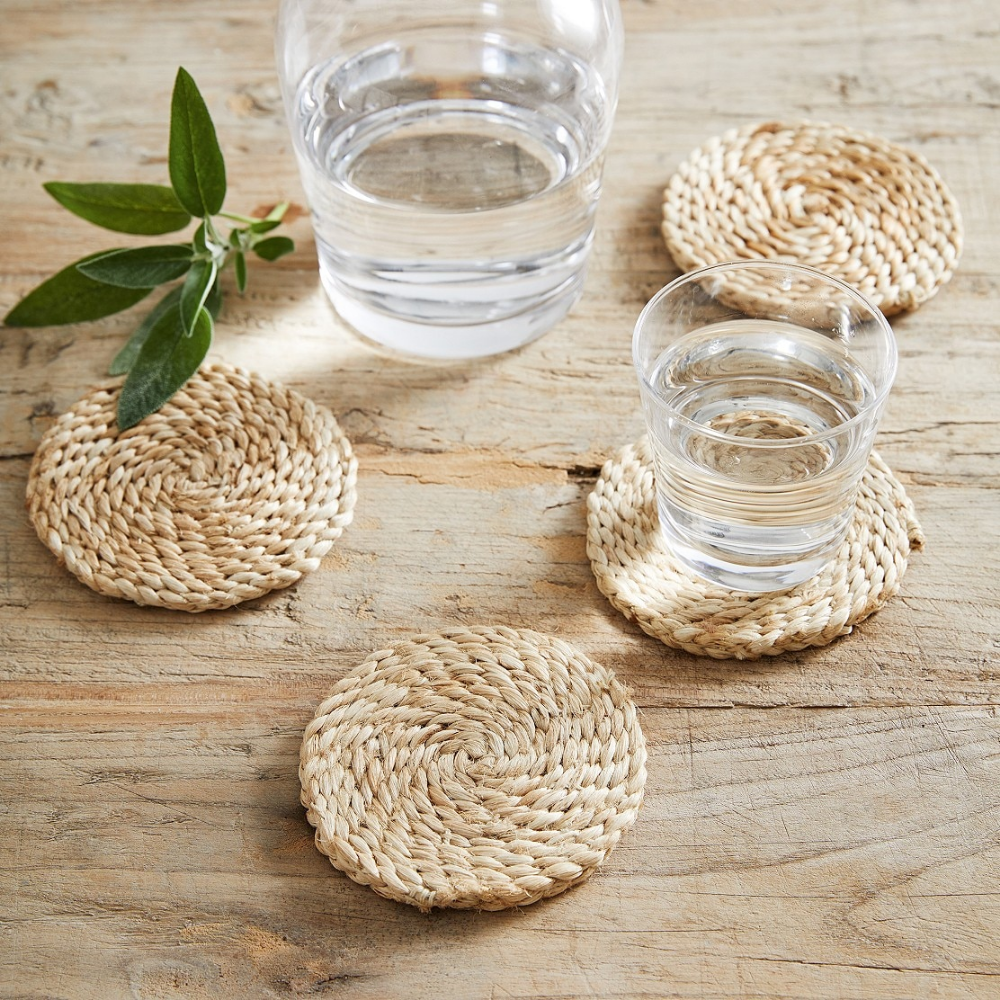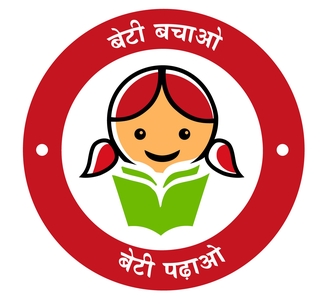Jute is one of the most affordable natural fibres and second only to cotton in the amount produced and variety of uses. Jute fibres are composed of the primary plant material cellulose (60%), hemi-cellulose (24%) and lignin (13%). It is known as the golden fibre for its colour and high cash value. Jute was used in traditional textile machinery as fibres having cellulose (vegetable fibre content) and lignin (wood fibre content). But the major breakthrough came when the automobile, pulp and paper, furniture and bedding industries started to use jute as its allied fibres with their nonwoven technical textiles and composites. Thus jute has changed its textile fibre outlook and steadily heading towards its new identity i.e. wood fibre.
Jute the versatile natural fibres are incredibly strong and durable thus jute products like jute office stationeries stand the test of time and are resilient to wear and tear. For this reason Jute office stationeries like file folder, organiser, mouse pad, card holder, pen holder, clock, file basket for storage of files, file or letter bucket , pocket bulletin board , pin board, notice board etc are all the rage right now when it comes to reusable products as part of the global fight against plastic. Increasing the use of Jute and its application to counteract plastic use, we could have solid means to stop climate change in its tracks. One hector of Jute plant can absorb around 15 tons of Carbon dioxide and release 11 tons of Oxygen during an average jute session.
Importance of Jute Office Stationery
Office stationery items are considered to be quite essential for the complete establishment of an organisation. Although most of these products are inexpensive and many seem trivial, it is important to buy it as it facilitates smooth functioning of an office in many ways. It includes copying paper, writing paper, letter head, message pads, note pads, envelopes and so forth. Some of the items include planner calendar, sticky notes, business cards etc. Raw green jute is an excellent material for making paper. Using Jute for paper can decrease deforestation worldwide and offer the world a renewable and a heap of resources for other paper applications as well.
File folders are other important products required in every organisation to store important documents, bills and other papers. Organisers are also essential in every office as it simplifies the task of documentation and work process. Jute definitely acquires the most elegant, stylish and symbolises sophistication in terms of File, Folder and Organisers.
JCI and its pursuits towards Jute office stationery
JCI, the government enterprise takes pride in flourishing and enhancing Jute office stationery products in both the Indian and global market. JCI, a CPSE under Ministry of Textile, Government of India shares a healthy relationship with various other jute related government bodies such as NJB, NIRJAFT, IJIRA, DJFT etc for developing various Jute Diversified Products like jute handmade paper through jute pulp, various jute composite materials as well such as pen holder, card holder, cabinets etc. JCI provides various skill development trainings pertaining to Jute office stationery to the artisans for developing low cost yet aesthetically appealing products such as jute files, folders, organisers etc. Keeping in view of the current market trend and to fulfil the client’s desire JCI develops trendy stylish unique design of Jute office stationery products. JCI spreads the awareness for using eco-friendly products and minimizing the plastic uses through Jute office stationery that opens new paths in human development and ecological protection. JCI allows new JDP area and population to have access to new job opportunities and enhance sources of food for entrepreneurs, artisans, NGOs, women self help group etc.
USE JUTE, SAY NO TO PLASTICS AND GIFT A HEALTHY, ENVIORNMENT FRIENDLY SUSTAINABLE PLANET
